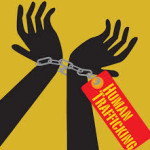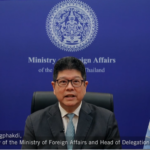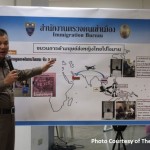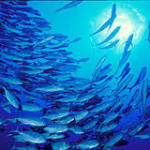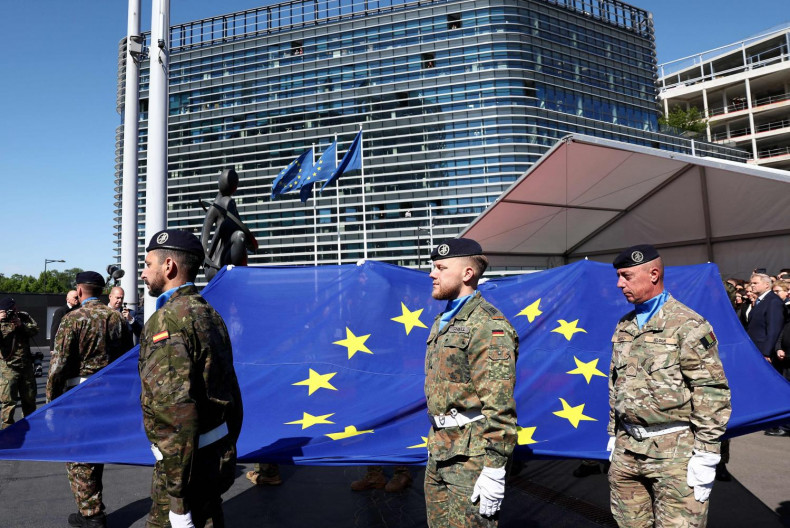
The European Union was born from the ashes of the Second World War to break the cycle of wars between historical enemies. On May 9, 1950, French foreign minister Robert Schuman presented a historical declaration proposing to jointly manage, through a single supranational authority, the industries needed to wage war — coal, iron, steel. The Schuman Declaration was adopted by six countries — Belgium, France, Germany, Italy, Luxembourg and the Netherlands; May 9 is since considered the founding day of the EU.
The European Coal and Steel Community, launched in 1950, steadily evolved into the EU of 27 countries today. Member States increasingly pooled their sovereignty to achieve a single integrated market, a common external trade policy, and a common currency (euro), coordinate decisions on foreign and security policy and global issues, and allow free movement of people across the EU. The 27 Members have become so interconnected that war would be impossible, besides being unthinkable. The EU is the world’s most successful peace and integration project, standing for unity in diversity.
The EU is governed through a democratic process, whereas voters of the 27 countries elect directly their representatives in the European Parliament. Following last year’s election, the EU has a new top leadership: Ms Metsola, President of the European Parliament; Mr Costa, President of the European Council; Ms Von der Leyen, President of the European Commission and Ms Kallas, High Representative for Foreign and Security Policy.
The EU is committed to peace, partnership and cooperation based on dialogue, shared stability and prosperity, while building our own resilience and defence capabilities. In a changing and increasingly fragmented world, we stand for a rules-based international order and multilateralism with the United Nations at its core, defending the principles of the UN Charter that are under attack in Ukraine, the Middle East and elsewhere. We are the largest donor of development and humanitarian assistance globally and the third largest contributor to the UN. Through Global Gateway, we are promoting new mutually beneficial partnerships.
These fundamental values and principles we share with Thailand.
The EU and Thailand are partners for prosperity. The EU is a major, reliable economic partner of Thailand, the third-ranked foreign investor, accounting for over 160,000 jobs, and 4th ranked trade partner with trade worth €1 billion (37 billion baht) a week and the third source of tourists. We are now negotiating a bilateral Free Trade Agreement that will offer even more opportunities to promote rules-based, fair exchanges according to WTO principles.
The EU and Thailand are partners in tackling global challenges, such as climate change. Indeed, we have worked successfully on many such issues in the past, for example, on countering Illegal Unregulated and Unreported fisheries, where over recent years Thailand has become a regional success story. Together, we can do much more to maintain the momentum on the green transition.
The EU and Thailand are partners in strengthening global institutions and promoting universal values. Thailand is a member of the UN Human Rights Council, a role bringing both prestige and responsibilities. Increasingly, Thailand can showcase achievements on human rights issues, such as marriage equality, anti-torture legislation and business and human rights; there is ongoing work on a new Constitution and on political amnesty Bills. Nonetheless, there are still challenges to be faced in Thailand, as well as elsewhere, in relation to freedom of expression, civic space and political pluralism.
Thailand is an important country in an important region and an important partner to the EU. The EU’s Indo-Pacific Strategy shows the political relevance of the region for the EU, as does the EU-Asean Strategic Partnership. The implementation of the EU-Thailand Partnership and Cooperation Agreement, ratified last October, will open new spaces for mutually beneficial bilateral collaboration in all sectors.
source:BANGKOKPOST

